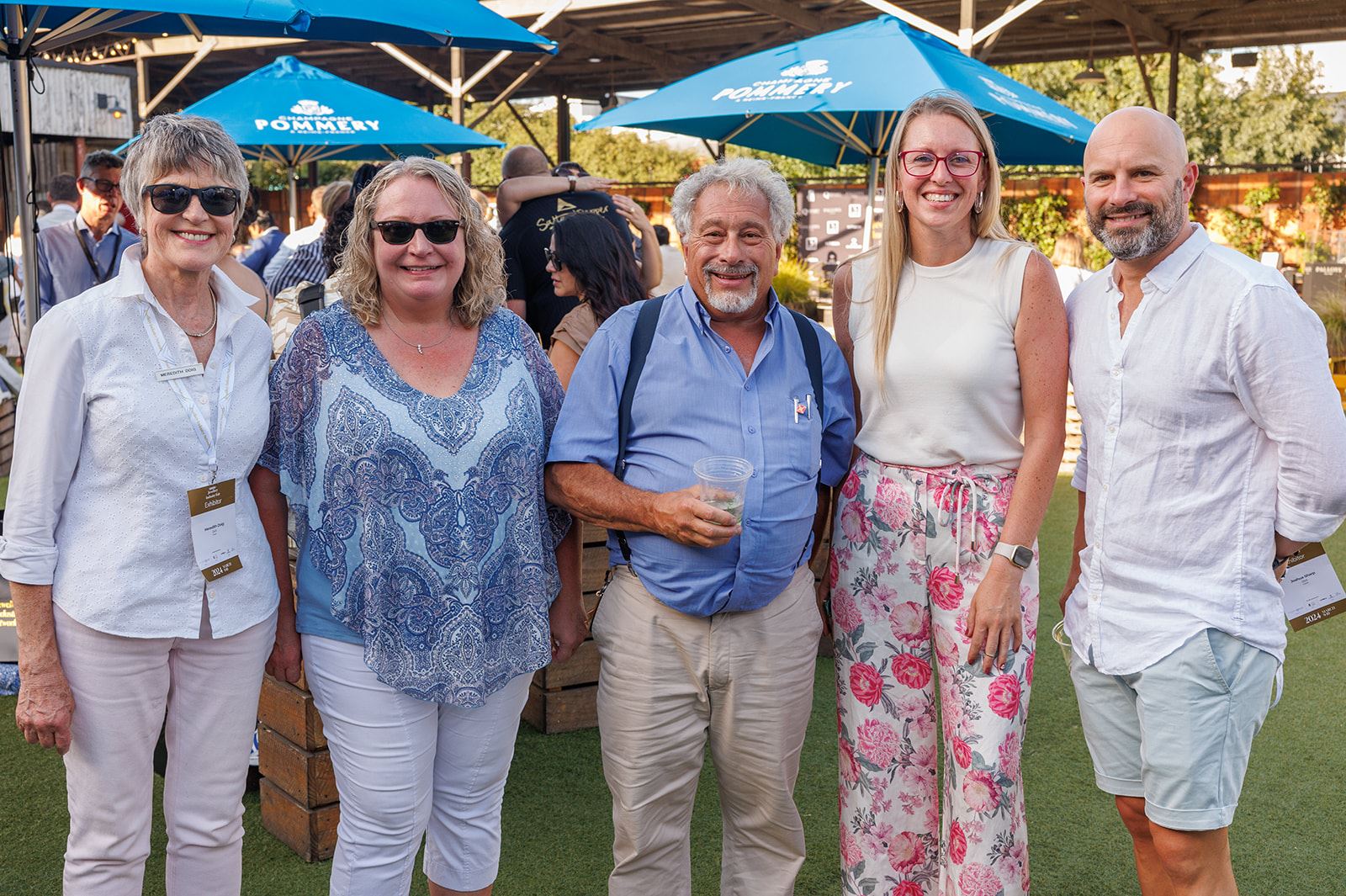|
February 2026
JAA President Joshua Sharp was invited to participate in the JW Industry Forum 2026, contributing to discussions on key industry challenges including standards, regulation, skills and workforce issues, and building consumer confidence. His contribution highlighted the JAA’s advocacy role and the importance of practical, industry-led solutions to support the Australian jewellery sector.
Are there areas of the jewellery industry where you believe further standardisation is needed to protect both businesses and consumers?
Yes. Areas including product disclosure, terminology, repair practices, valuations and ethical representations continue to require clearer and more consistent standards. Standardisation of these areas will help reduce confusion, protects reputable businesses, as well as building consumer confidence. Additionally, the JAA supports alignment with international industry best practice while ensuring standards remain practical for Australian businesses.
The needs of jewellers have shifted significantly in recent years. What types of support or guidance are most commonly sought from JAA members today?
Members are increasingly seeking guidance on regulatory compliance, disclosure obligations, pricing transparency, staffing challenges, and managing changing consumer expectations. There is also strong demand for practical resources that help businesses navigate complexity, particularly in areas where legal, ethical, and commercial considerations intersect.
How has the rise of lab-grown diamonds affected the Australian jewellery landscape and what guidance does the JAA offer on disclosure and consumer communication?
Laboratory-grown diamonds (terminology is under review by CIBJO to exclusively use the term ‘synthetic diamond’) have become an established part of the market, offering consumers more choice. The key issue is clear and unambiguous disclosure. The JAA’s position is that consumers must be able to easily understand what they are buying, without confusion or ambiguity. Transparent communication, including written communications, protects both consumers and businesses and supports confidence in the entire category.
The JAA regularly engages with government, regulators and industry bodies. What advocacy priorities are you currently focused on?
Current advocacy priorities include regulatory reform affecting the jewellery trade, upcoming AML/CTF obligations, skills and workforce issues and reducing unnecessary regulatory burden on small businesses. Our focus is on ensuring that policy outcomes are proportionate, workable and informed by real-world industry experience. This includes collaborating with other industry bodies that support the wider trade and consumers.
The JAA encourages members and the wider industry to engage with us by sharing ideas, concerns, and opportunities for improvement. Open and constructive dialogue helps ensure the Association can effectively advocate on behalf of the industry and continue to support a strong, sustainable future for Australian jewellery.
Joshua Sharp, JAA President

.png)

JAA Directors and staff - JIF Sydney and Melbourne (2025, 2025 and 2024)
Images not for reproduction without permission
